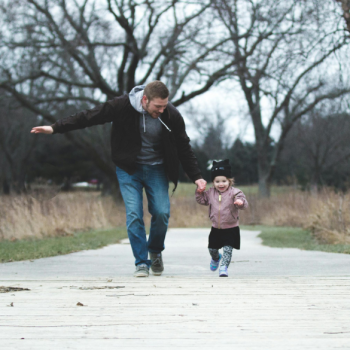Rachel: Yes, I think it is crucial, when talking about the Church, to avoid blind sentimentality on the one hand and cynicism on the other. So that means confronting, head on, the injustices perpetuated by the Church (both past and present) and our own complicity in them. Only then can we marvel, with humility, at God's extraordinary faithfulness in using the Church to heal and reconcile and restore. I am constantly amazed at how Christians seem to think we have to choose between loving the Church and criticizing the Church, when the witness of Scripture suggests we are to do both.
Public confession is indeed a powerful thing. I love that on Sundays, I kneel beside a fellow Christian (who I may know well or may not know at all) and together we confess that we have sinned against God "in thought, word, and deed, by what we have done, and by what we have left undone." However, I think the healthiest churches extend this practice into the rest of the week so that our sins are not just confessed in abstraction, but in specifics, in the context of a safe and loving community that will hold us accountable in our personal struggles and work to address our shared transgressions — systemic racism, oppression of the poor, disregard for creation, materialism, etc. — together.
Greg: What, in Barbara Taylor's words, is saving your life now?
Rachel: Kindness is saving my life right now — the persistent kindness of my closest friends and family, the disarming kindness of strangers, the practice of nurturing kindness in my own heart in hopes that it will overflow into my words and actions.
Greg: Thanks, Rachel. It's always a joy to read your work, and I'm grateful for your willingness to live out your faith on a very public stage. Blessings on your path. I'll see you at the altar!
Rachel: Thanks, Greg! See you there, brother.





